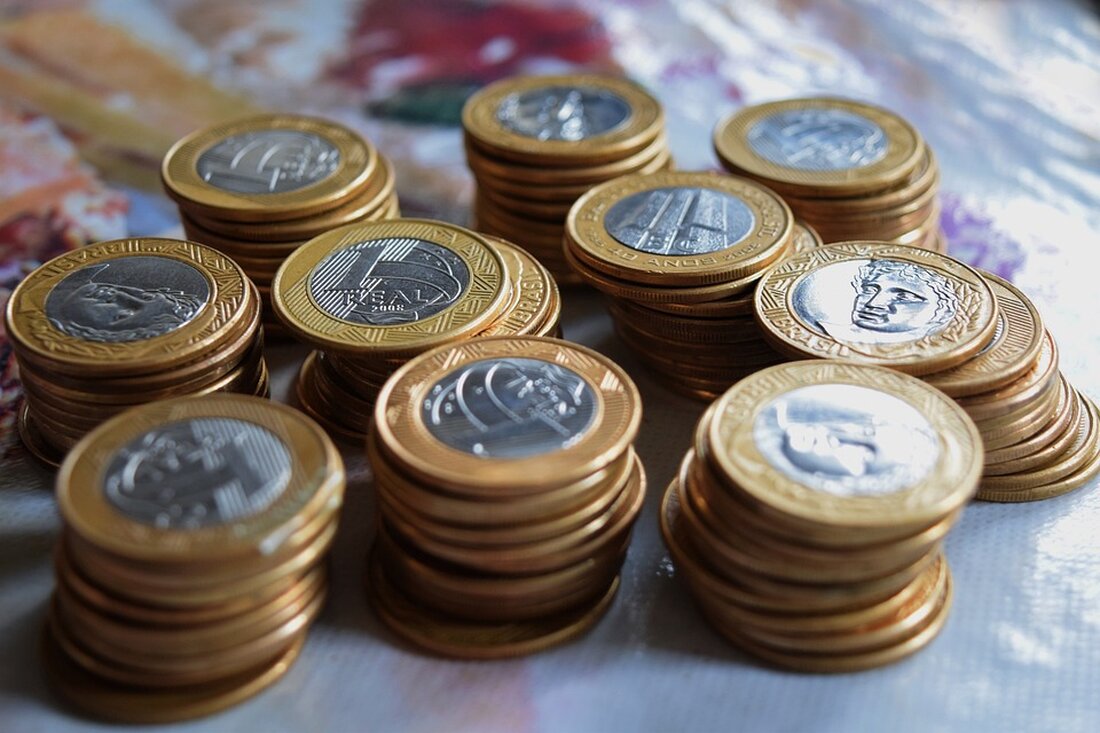Inflation in Germany is falling: food prices are at their lowest
The great wave of inflation is coming to an end. Read how falling prices for energy and food influence inflation in Germany. Discover more at Welt.de.

Inflation in Germany is falling: food prices are at their lowest
Inflation in Germany has fallen to its lowest level in about three years, giving consumers hope. In March 2024, the inflation rate was 2.2 percent, which is mainly due to cheaper food and lower energy prices. According to the Federal Statistical Office, energy and food prices dampened the inflation rate for the second month in a row. In March, food was cheaper for consumers for the first time since February 2015 than in the previous year.
The general inflation rate in March was as low as it was last in May 2021, also at 2.2 percent. It was previously 2.0 percent in April 2021. According to Dekabank chief economist Ulrich Kater, the great wave of inflation is over. He emphasized that the inflation panic that partly prevailed among the population is now a thing of the past.
Food prices fell by 0.7 percent in March compared to the previous year. Fresh vegetables and dairy products in particular became significantly cheaper. However, despite price caps and CO2 price increases, energy became slightly more expensive, with natural gas and electricity becoming cheaper. Services such as insurance or restaurant visits increased by 3.7 percent.
According to leading economic research institutes, inflation is expected to weaken significantly to 2.3 percent on average for the year, compared to 5.9 percent in the previous year. The European Central Bank (ECB) is aiming for price stability in the medium term and is probably planning to cut interest rates in June. The HICP, which is relevant for the ECB's monetary policy, was 2.3 percent in Germany in March, above the previous year's level.

 Suche
Suche
 Mein Konto
Mein Konto
